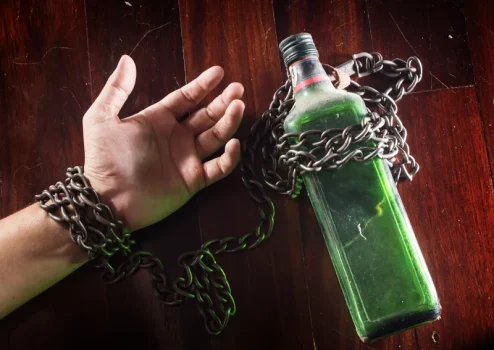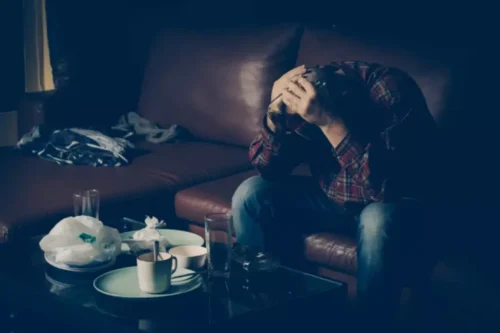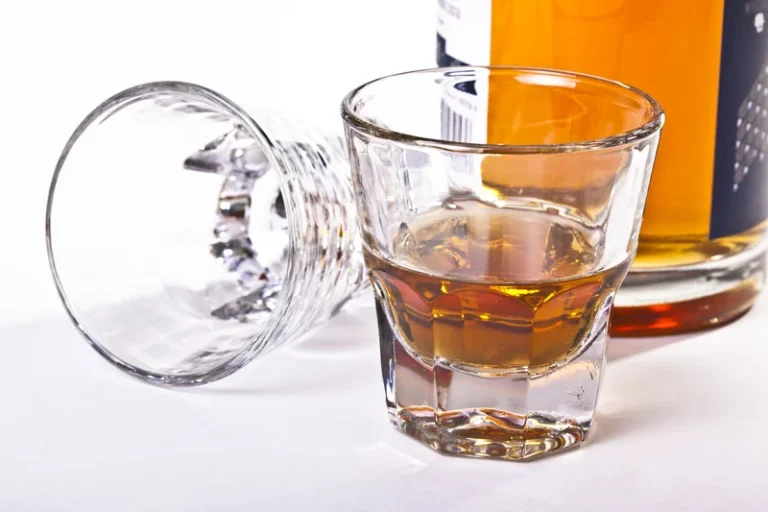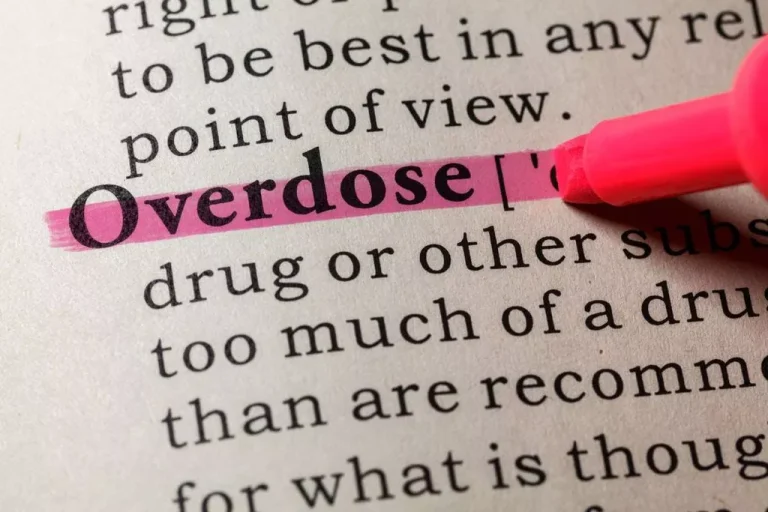The onset of symptoms related to social anxiety disorder and agoraphobia can be a trigger for some people to develop unhealthy relationships with alcohol. Another proposed theory refers to an expectancy component in people with anxiety who use alcohol. In this situation, a person expects to get relief from their anxiety symptoms when they consume alcohol because of its effect on the central nervous system (CNS). According to a 2019 paper, panic disorder has a strong association with AUD.
Can I drink alcohol to cope with anxiety and panic attacks?
- People with generalized anxiety or panic disorder are more likely to develop unhealthy drinking behaviors around the same time that they start having symptoms of their anxiety-related mental health condition.
- Best to have that glass of wine or cocktail with food and supplement with extra water, she adds.
- Whether you have a mental health condition like anxiety or not, certain behaviors can signal that your relationship with alcohol could cause concern.
- The cabin pressure has stabilized, the seat belt sign is off, and the bar cart is heading down the aisle.
- When people use alcohol to relieve symptoms of a mental health condition, it can quickly become a “crutch.”
Drinking alcohol causes a number of immediate effects in your body – your heart rate may increase, your blood sugar drops and you may eventually become dehydrated. If you are sensitive to the effects of alcohol, these uncomfortable sensations can trigger a panic attack. If you experience sudden, intense anxiety and fear, it might be the symptoms of a panic attack.13 Other symptoms may include a racing heartbeat, or feeling faint, dizzy, lightheaded, or sick.
How Alcohol Affects Anxiety Disorders
When you experience alcohol-induced panic attacks, this cycle can become even more frightening and potentially result in a long-term panic disorder. If you reach for alcohol in an effort to avoid experiencing a panic attack does alcohol cause panic attacks or feelings of anxiety, you can quickly become trapped in a debilitating cycle that becomes very difficult to break. These effects are particularly visible the day after drinking when the hangover begins to set in.
Generalized Anxiety Disorder and Panic Disorder
If a person has concerns about alcohol use or anxiety, they can speak with a doctor to find out the best ways to solve these issues. Nowadays, the internet can also offer tools for keeping track of drinking habits, setting goals, and providing relapse-prevention techniques. People need to speak with a doctor if they are experiencing the above effects due to alcohol. Specific support is also available if you need help with your drinking.
Health Categories to Explore
This page explains more about anxiety, why alcohol can trigger it or make it worse, and steps you can take to feel better. One theory of why this happens is called the “tension reduction hypothesis.” This theory suggests that alcohol is used as a self-medicating method to reduce stress and anxiety. A doctor may also suggest additional treatment options, such as counseling or joining a support group. If you are concerned that you or someone you care about has a problem with alcohol there is a lot of help available. Here you can find useful links and phone numbers to get the support you need. They can be frightening, but they’re not dangerous and shouldn’t harm you.
Step 4 – review
- A night of drinking can bring up feelings of anxiety or jitteriness, even if you’re not diagnosed with an anxiety disorder.
- According to the NIAAA, anxiety and other psychiatric disorders are common among those with AUD.
- The withdrawal period normally peaks 72 hours after the blood alcohol level drops.
- Left untreated, panic attacks and panic disorder can affect almost every area of your life.





Leave A Comment